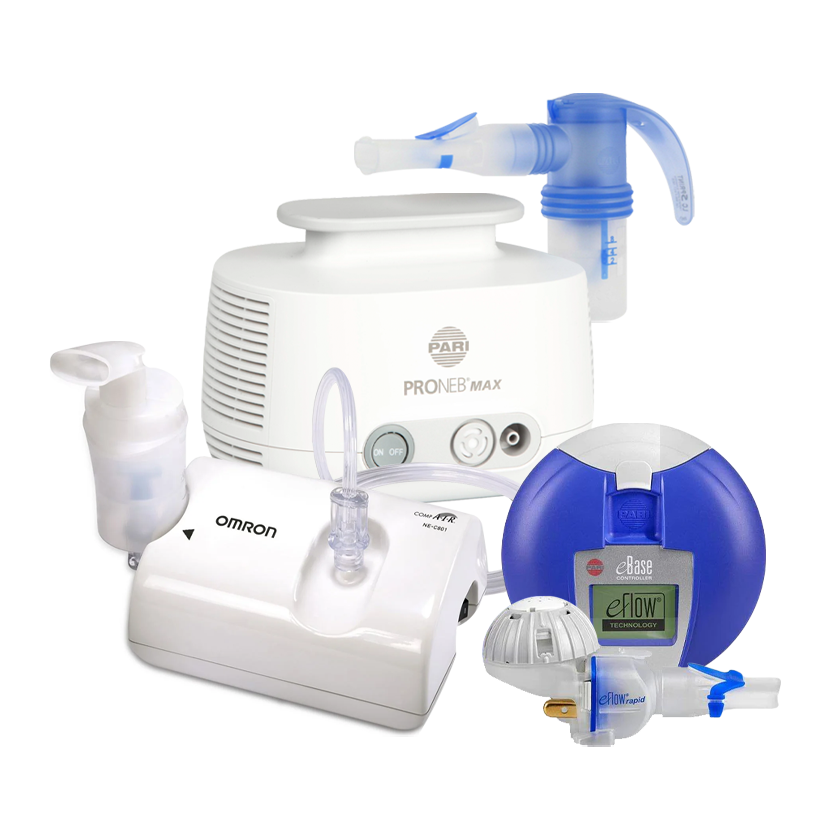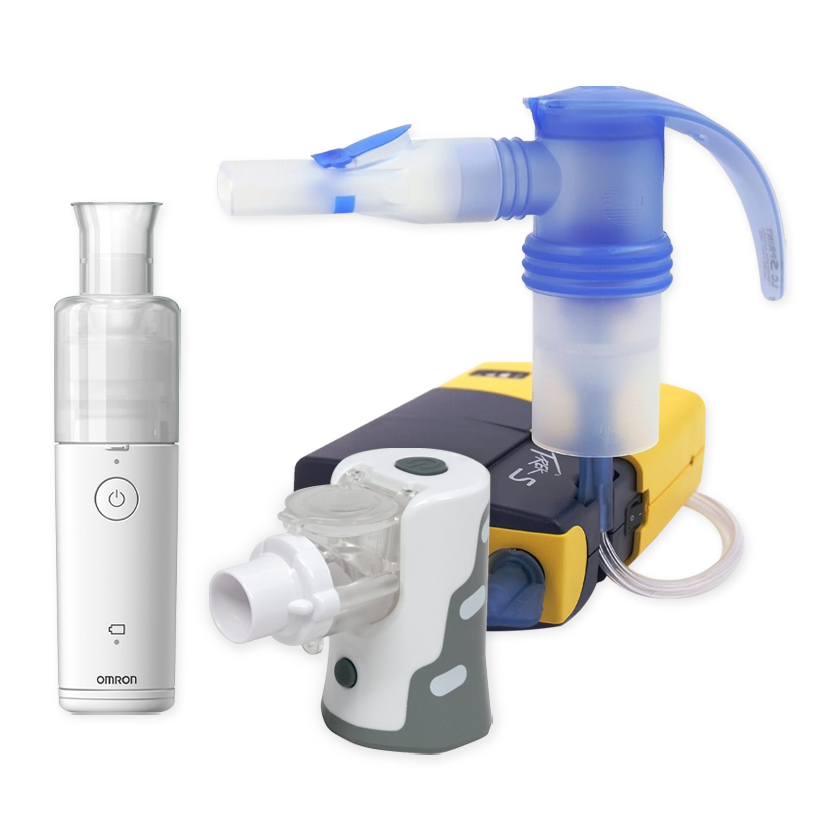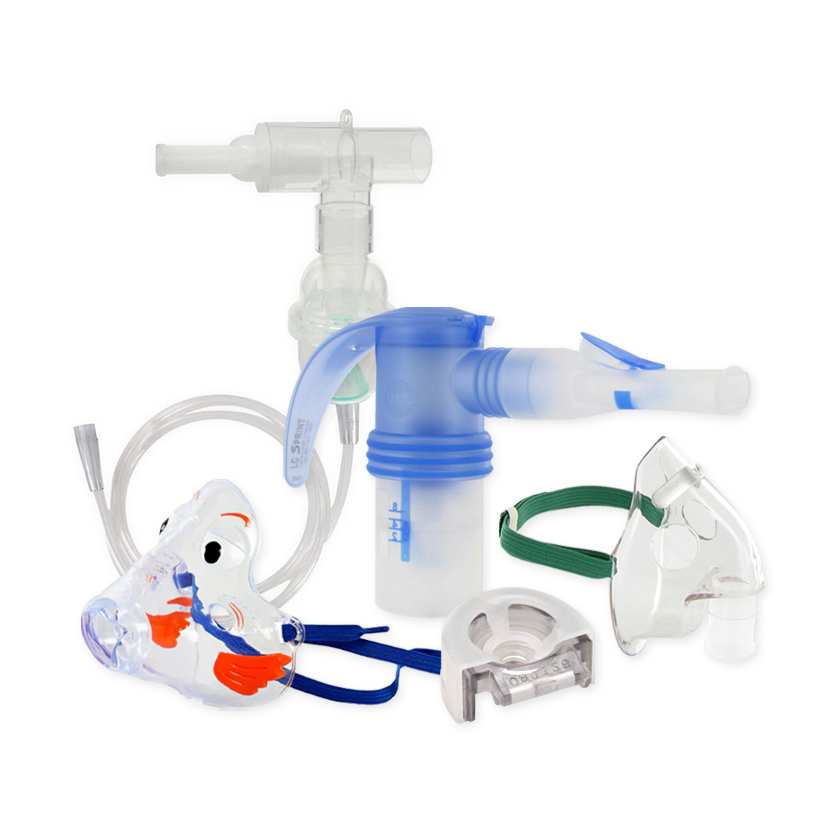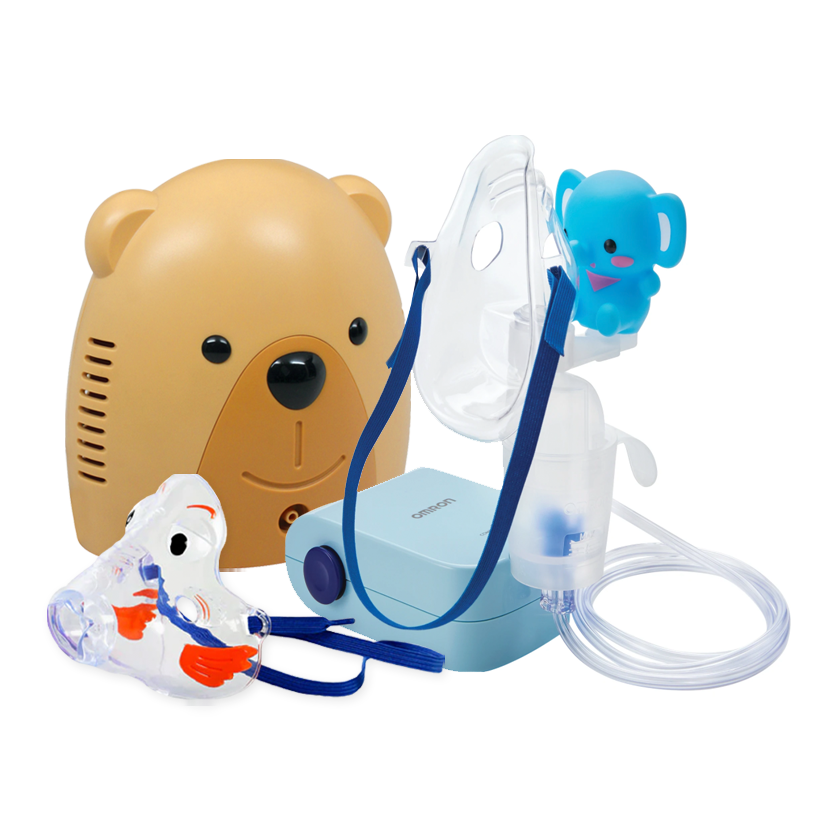Your Cart is Empty
Free Shipping on all orders over $75!
Menu

Free Shipping on all orders over $75!
Nebulizer Systems
Travel Nebulizers
Nebulizer Accessories
Just For Kids
Oxygen Supplies
Cold Symptoms in Children
March 09, 2010 2 min read
Why did the US Food and Drug Administration issue a warning on cold and cough medicine for children?
In October 2007, the U.S. Food and Drug Administration (FDA) issued an advisory strongly recommending that over-the-counter cough and cold medications not be given to infants and children under two years old because of the risk of life-threatening side effects. The American Academy of Pediatrics (AAP) supports this recommendation and urges parents to seek safer ways to soothe infants and young children suffering from colds and coughs by using a cool mist humidifier, saline nose drops and suctioning bulbs to thin and clear mucus from a baby’s nose.
While annoying, cough and cold symptoms are usually benign and self-limiting. Over-the-counter cough and cold medications will not cure these illnesses nor shorten their duration. Parents are advised to seek safer ways to nurse their children back to health.
What are the alternatives that pediatricians recommend for a child with a cold or cough symptoms?
To make stuffy youngsters feel better and help them rest, pediatric specialists recommend: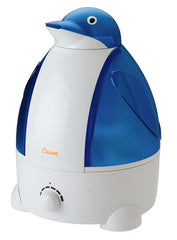
- Running a cool-mist humidifier in your child's room during naptime and at bedtime will help relieve congestion and keep the nasal passages moisturized.
- Use a rubber bulb syringe, found at your local drugstore, to gently loosen mucus and unclog stuffy noses.
- Use saline nose drops, found at your local drugstore, to loosen mucus in the nose to allow the nose to drain more easily. Gently squirt a couple of drops of saline solution into the nasal passages.
- Drink plenty of liquids, from water to even chicken soup. Avoid dehydration.
Many of these tips are useful for adults as well. Contact your doctor if your child shows any of the following signs:
- Earache
- Fever lasting more than 72 hours, or, any fever in a child less than 6 months of age
- Excessive sleepiness, crankiness or fussiness
- Skin rash
- Has trouble breathing, making wheezing sounds
- Is urinating (peeing) less
- Coughing that won't go away (lasts more than a week) or is causing choking or vomiting
Subscribe
Sign up to get the latest on sales, new releases and more …
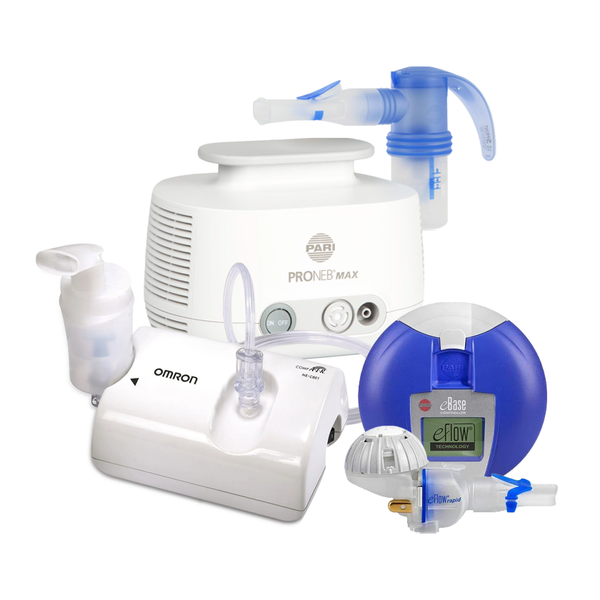
NEW CUSTOMERS SAVE $5 OFF YOUR FIRST PURCHASE OF $20 OR MORE
Code will be sent to email entered if applicable
SIGN UP FOR FUTURE SALES, NEW PRODUCTS AND ANNOUNCEMENTS
{"themeColor":"#061f77","iconColor":"#061f77","showLogo":true,"topBottomPosition":0,"rightLeftPosition":5,"iconSize":"large","iconCustomSize":64,"position":"middle-right"}
